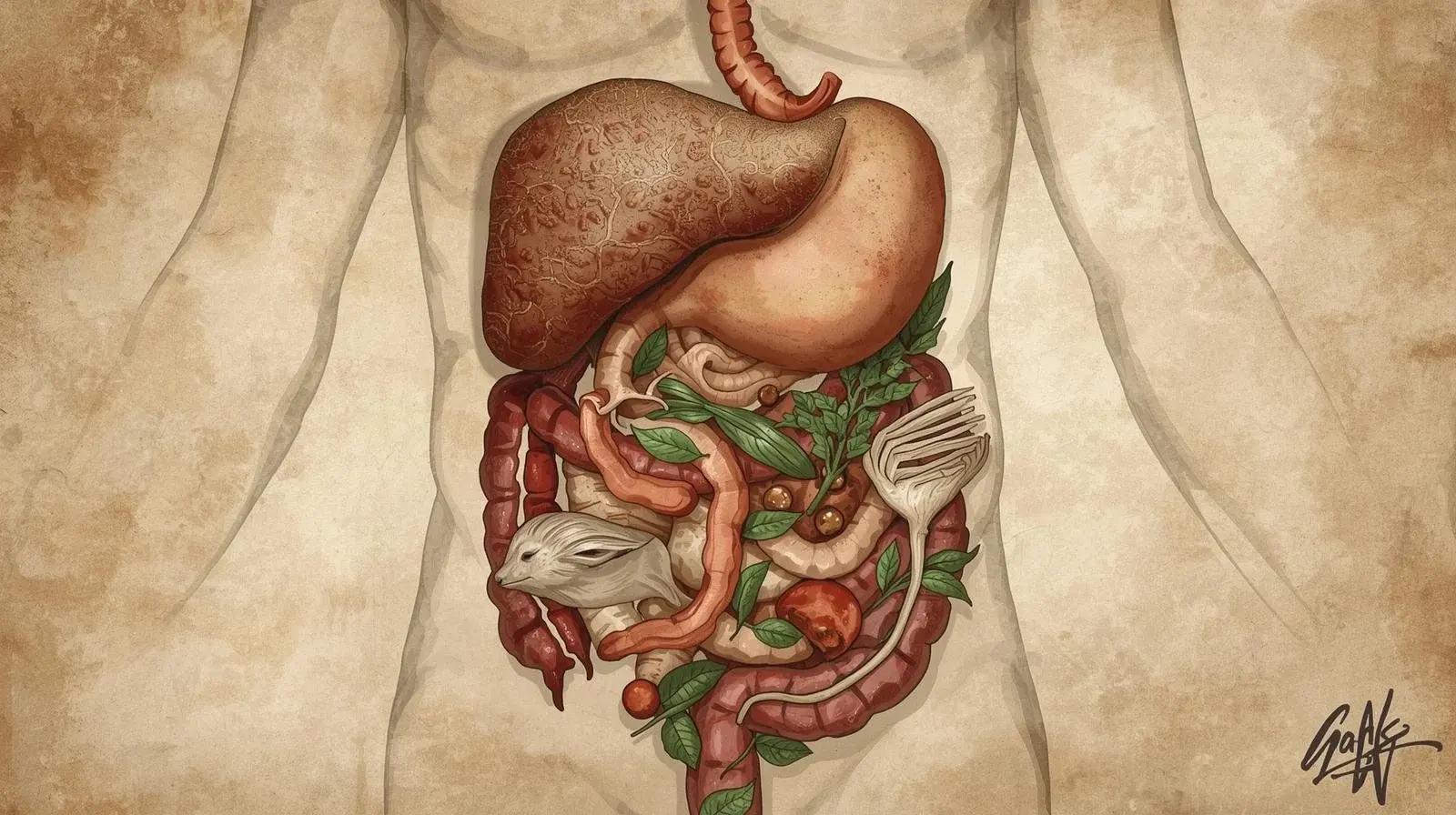Yes, you all heard it right. Meat generally takes longer to digest compared to many other foods due to its composition and complexity. Here are a few reasons why:
Protein Structure: Meat is rich in protein, which consists of complex chains of amino acids. Breaking down these protein structures into individual amino acids for absorption requires specific enzymes and more digestive effort.
Fat Content: Depending on the type of meat, it can contain varying amounts of fats. Higher fat content can slow down digestion because fats take longer to break down than carbohydrates or proteins.
Connective Tissues and Collagen: Certain meats contain connective tissues and collagen, especially in tougher cuts. These components require prolonged cooking or more extended digestive processes to break down fully.
Absence of Fiber: Meat lacks dietary fiber, which helps move food through the digestive system. Foods rich in fiber usually aid in quicker digestion, while the absence of it in meat can contribute to a slower digestive process.
Cooking Methods: The way meat is cooked can affect its digestibility. Tenderizing techniques or slow cooking methods can break down the meat’s toughness, making it easier to digest.
Individual Differences: Digestion rates can also vary among individuals based on factors like metabolism, gut health, and enzyme production. Some people might digest meat more efficiently than others.
The digestive process for meat involves enzymes in the stomach and small intestine breaking down proteins into smaller peptides and amino acids. This process takes time compared to digesting simpler carbohydrates or fats.
While meat might take longer to digest, it does provide essential nutrients like high-quality proteins, iron, zinc, and B vitamins. Pairing meat with fiber-rich foods like vegetables or consuming it in moderation as part of a balanced diet can support better digestion and overall health.




